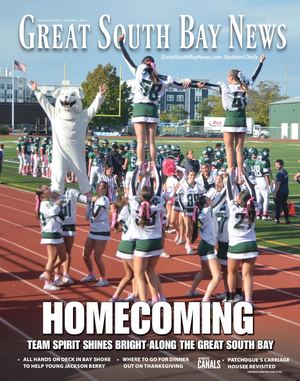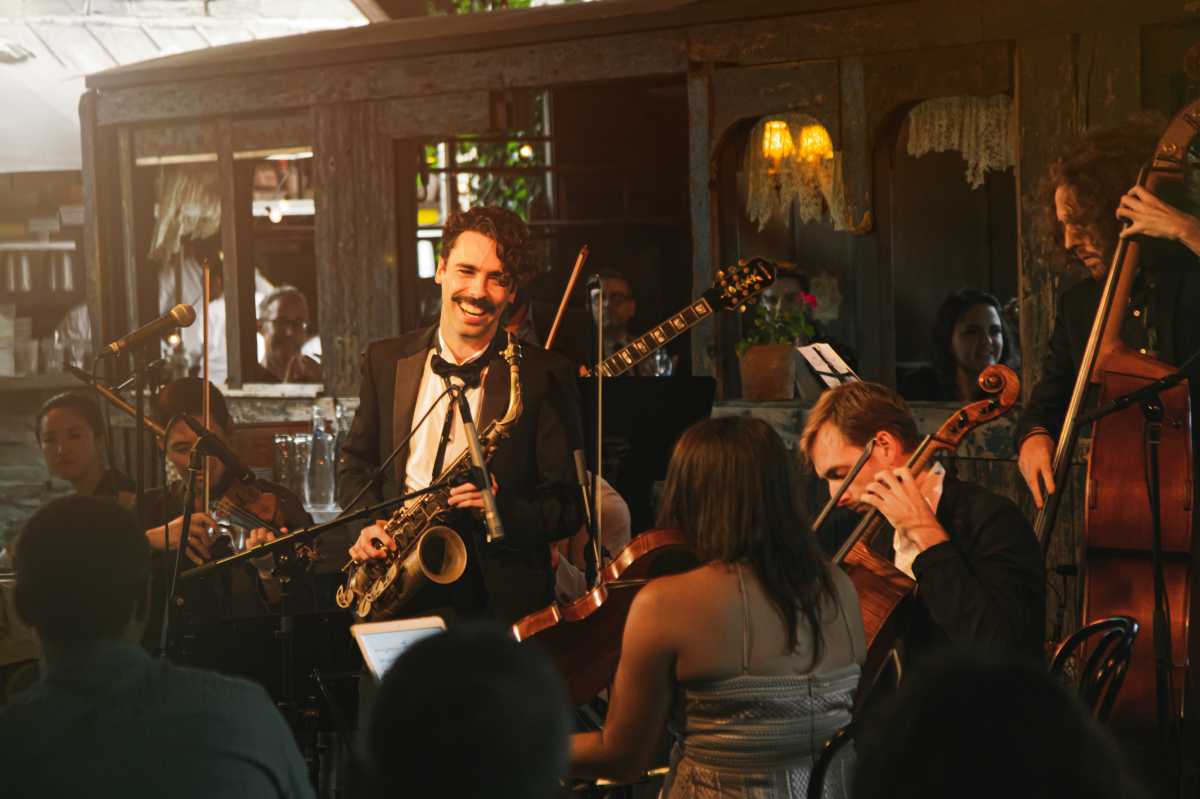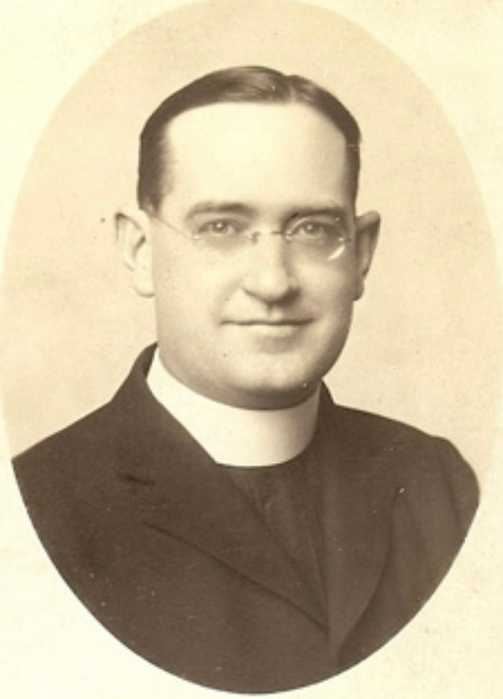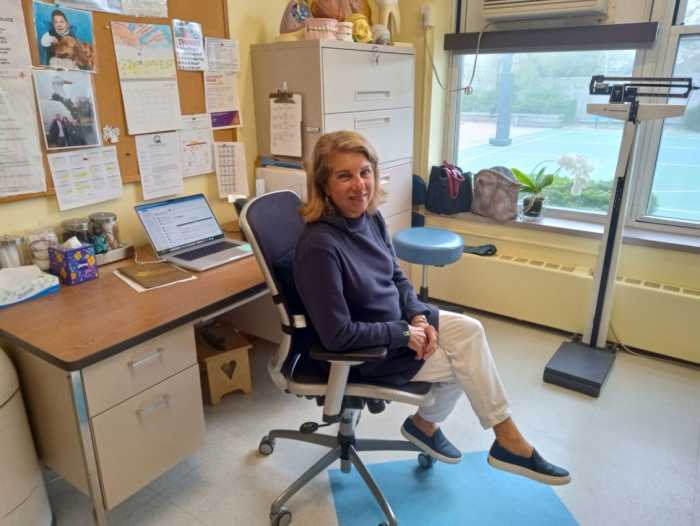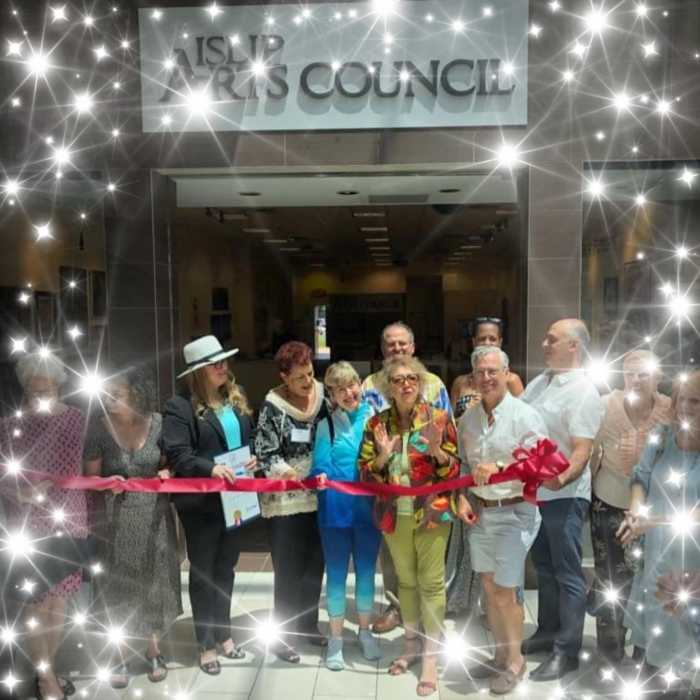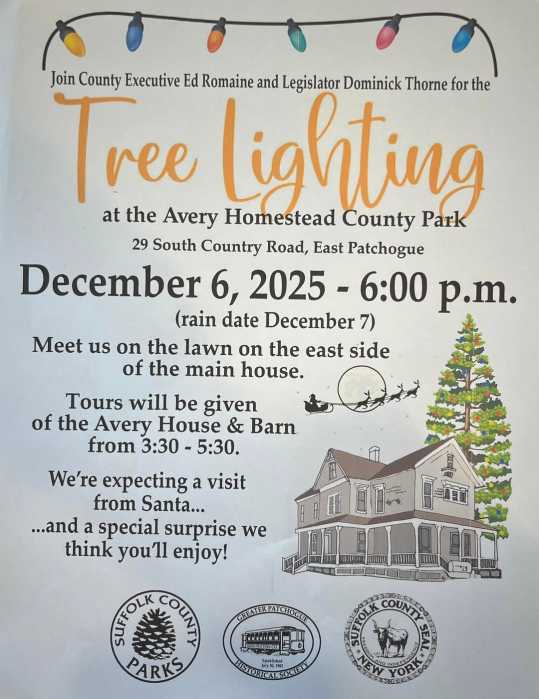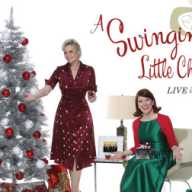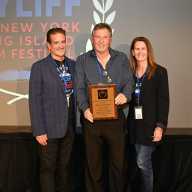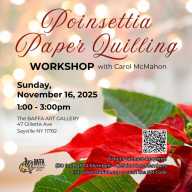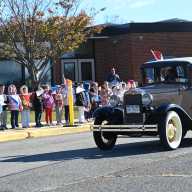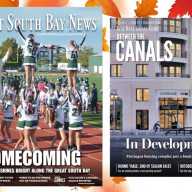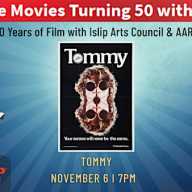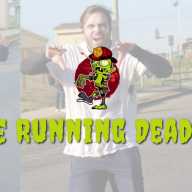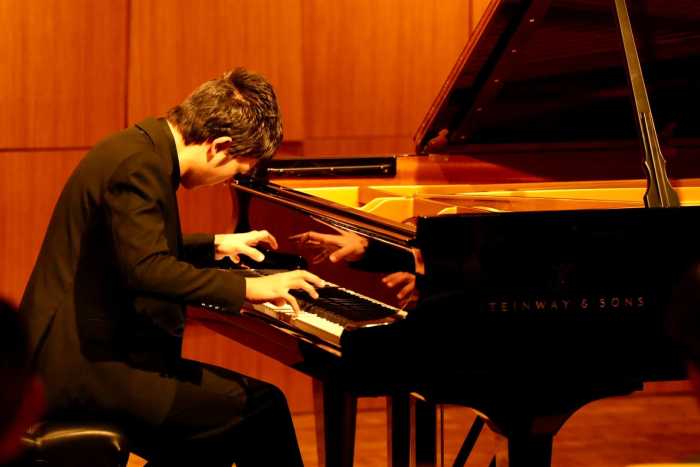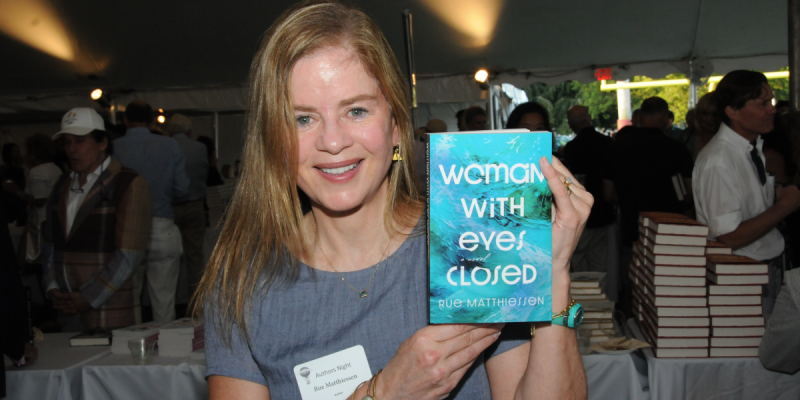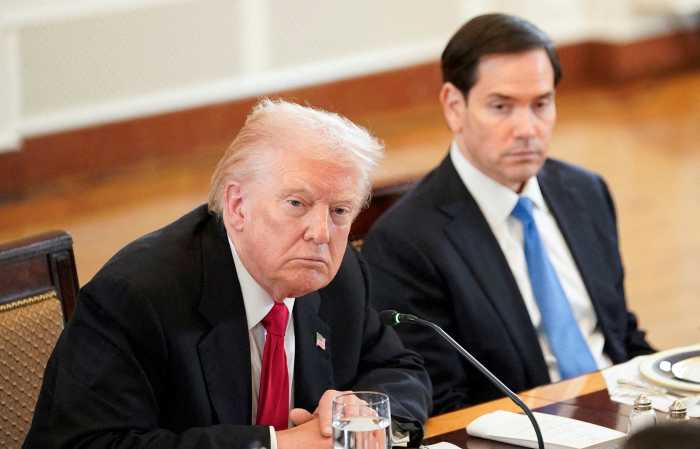Eddie Barbash is an emerging world-class saxophonist. With Jon Batiste, he was one of the founding members of Stephen Colbert’s Late Show Band. He has also played with many renowned musicians and Indy groups. But on Fire Island, he is still known as the grandson of Maurice and Lillian Barbash. His grandfather had been Chairman of the Citizen’s Committee for a Fire Island National Seashore (FINS), and his grandmother Lilian was the founder of Islip Arts Council (IAC). Eddie will be the guest performer at IAC’s concert commemorating the centennial of New York State Parks on the evening of August 10 at Heckscher State Park in East Islip.
Fire Island and Great South Bay News (FIN): You will perform at a venue founded by your grandmother 50 years ago to celebrate the New York State Park Centennial. How does that feel?
Eddie Barbash (EB): It’s exciting and a bit surreal. I grew up attending that concert every year and fondly remember it. The family would attend the pre-concert backstage dinner, which was always fun. Then, watch the concert and the fireworks, drive back out to Bayshore, and take the late ferry back to Dunewood. The whole thing is etched in my memory.
FIN: I remember your grandparents and know both your aunts, but I never met your parents. Can you tell me about them and how they influenced you in music?
EB: They’re both artists and lovers of the arts. My dad exposed me to great music from a very young age, and they both supported me in playing music from the beginning. As soon as I showed interest, they went out of their way to find me teachers and drive me to lessons, various summer programs, and auditions. I could not have asked for more supportive parents.
FIN: How did the saxophone become your instrument?
EB: That was a total happenstance. We lived in Atlanta, and I went to a public school. Third graders were given a choice––we could join the band, the choir, or a handbell group. The handbells seemed cool and appealed to me most, but being more rational than I should have been at that age, I realized handbells were not practical because you couldn’t do it unless you had a whole choir of people to do it with you. But by the time I finally decided to join the band, all the instruments I wanted to play had all been snatched up by other kids. The band director told me I had to choose an instrument. I remember looking at all the posters of instruments around the room, trying to make up my mind, and seeing one with a saxophone. I didn’t know it was and thought it looked crazy. Well, I thought to myself, nobody will play that weird-looking thing. My parents took me to Mars Music the next day, and we rented it. That was that.
FIN: What were some of your early musical influences?
EB: I didn’t grow up listening to jazz or any music with a ton of saxophone. Early on, I loved the Beatles recordings and many of the Fifties oldie stuff that my mom played. She and I would listen to it together, which I loved early on. My most significant saxophone influence now is Johnny Hodges, who played for the Duke Ellington Orchestra. I love Benny Carter, who’s a contemporary of his. Coleman Hawkins is another. He plays the tenor saxophone, whereas I play the alto, but I love his playing so much..
FIN: Your time with Jon Batiste and Stay Human on the Late Show with Stephen Colbert is what gained you household recognition. Can you tell me about that time and experience?
EB: I started playing with Jon when we met at Julliard. I was a freshman, and he was a senior. I started playing with him right away. He was such a great musician and so enchanting to be around. I followed him everywhere. That was my main gig for eight years, which culminated in becoming Colbert’s house band. It was an incredible experience, but musically, not the most fulfilling one. To play on TV like that, you are subject to the whim of production. No matter where you are in your song, it’s time to stop when they’re ready to start filming again. It’s more of a job in that sense. Still, I learned a lot; it was an excellent way to develop various musical skills.
FIN: You moved on to other things. You’ve performed with some greats like Lenny Kravitz, Yo-Yo Ma, and Wynton Marsalis, so your career thrived after that.
EB: Yeah. the first gig I got after leaving was with a great bluegrass artist, Sierra Hull. I toured with her for about three years in her band. Then I played with a great accordionist, his name’s Sam Reider. His band is called Sam Reider and the Human Hands. Now I’m playing with this guitar player from Minneapolis named Cory Wong, who was a protege of Prince and that Minneapolis funk scene. He plays with a famous young funk band named Vulfpeck. We tour the country and travel around the world playing that stuff. We went to Asia this year. It was my first time playing in Asia. I’ll be leading my own ensemble at the concert. I call it crooner music.
FIN: When you say crooners, that leads me to one of your albums, which is named in honor of your grandparents. So, they were an influence, too.
EB: Definitely. I wish they were still alive because I now know more than ever how similar our musical tastes were.
FIN: I think your grandparents are still very much with you, Eddie. Speaking of, you grew up in a diverse group of environments. Right now, you’re on Fire Island. You spent time living in Mexico, the suburbs of Long Island in West Islip, and Georgia. How has this diverse group of environments fed into you and your music?
EB: That’s tough to trace. It created an identity that feels broad. My parents are very different from each other. My mom grew up in rural Colorado, and my dad on the East Coast as a Long Island Jew. Then, I was raised in the South in a very Black city, not to mention my time living in Mexico. Despite growing up in the South, I don’t feel like a Southerner, but the South is a very comfortable place for me. Despite so much time in the North, I don’t necessarily feel like a real New Yorker, either. I guess I feel like an American.
FIN: I’ve watched some of your clips, and it amazes me first how you seem one with the instrument. Let’s talk about that.
EB: Well, I’ve played. I’ve played since I was 7-years old. I’ve played saxophone for 28 years. Twenty-eight years is a long time to do anything. I have a 14-month-old daughter. There isn’t another 20-year-long project I would voluntarily set out on right now except for her. She’s an all-consuming project that I will try to be good at.
FIN: Well, there is one you have developed, and that is showmanship. In one of the clips I watched, you were playing the saxophone in your board shorts in front of a washing machine! You’re definitely at ease.
EB: Well, just years of experience in a million contexts helps you feel at ease. There are very few performance situations that I can imagine happening that I haven’t experienced, and what could go wrong on a show has gone wrong. Just about every catastrophic mistake I could make, I’ve made at least once. So, there’s not a lot that I wouldn’t know how to handle if it came up, which helps me feel relaxed. I remember that, in the early days of playing with Jon, he was trying to develop that skill consciously in all of us in his band. He would play these games when we were hanging out, forcing us to get the courage not to worry about falling on our faces. You start to realize that nobody cares as much as you do. So, there’s nothing to be embarrassed about.
FIN: This is your interview, Eddie. So, open your heart and discuss what you want to say in your interview.
EF: You’ve covered most of the good stuff. I’m excited about the concert. I’m proud. I wish my grandparents were alive to see it. That’s all.
